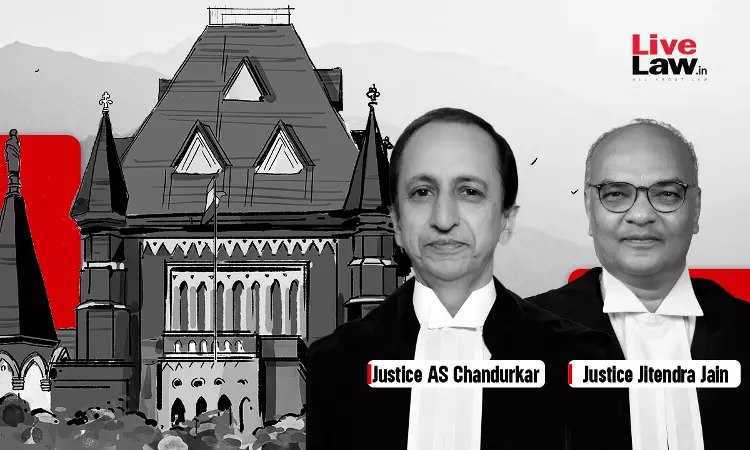Bombay High Court Dismisses Petition Challenging Its Rules For Litigants Appearing In-Person
Amisha Shrivastava
8 May 2024 1:20 PM IST

Next Story
8 May 2024 1:20 PM IST
The Bombay High Court recently upheld its Rules which require litigants desiring to appear in-person before the court to be certified as competent to assist the court without engaging an advocate by a Scrutiny Committee nominated by the Chief Justice.A division bench of Justice AS Chandurkar and Justice Jitendra Jain dismissed a writ petition challenging a Notification dated September 9,...
